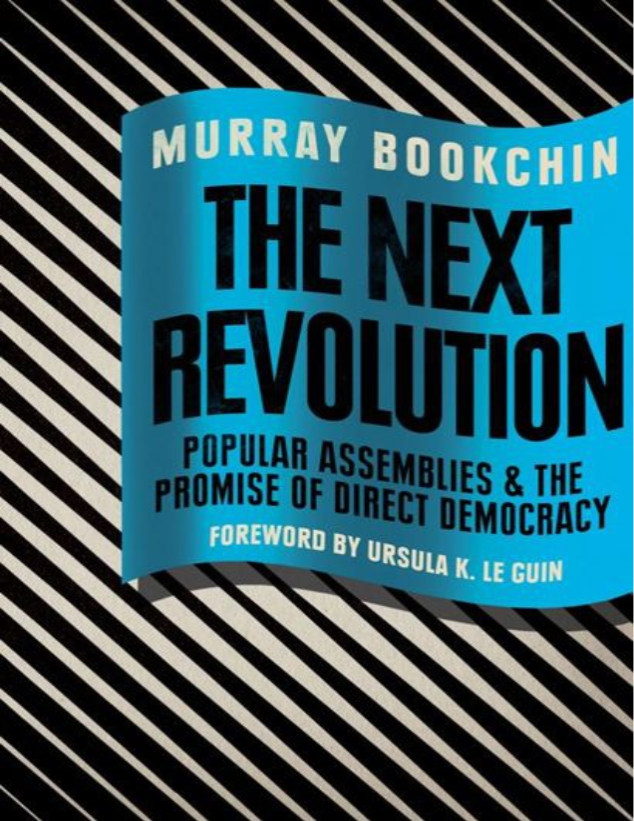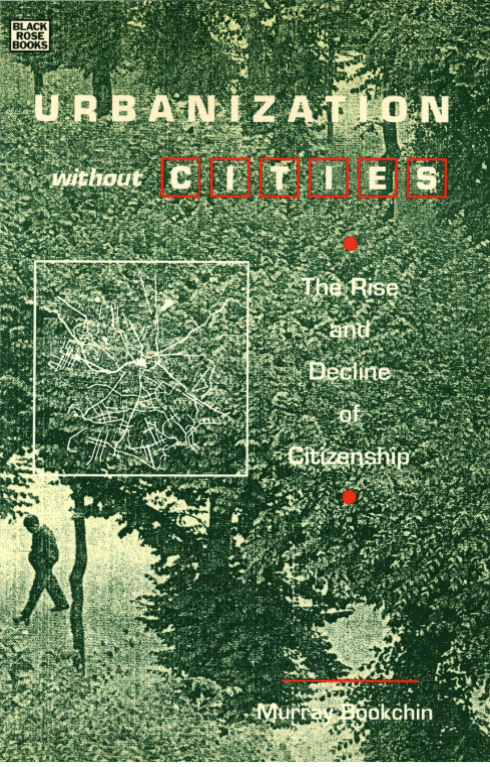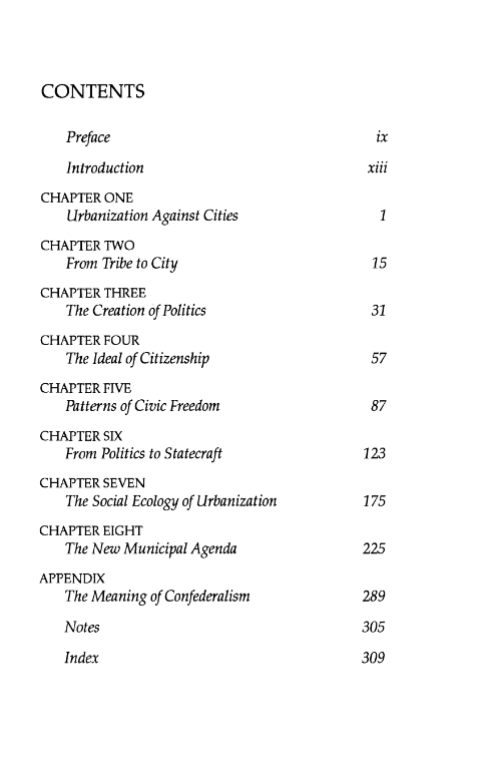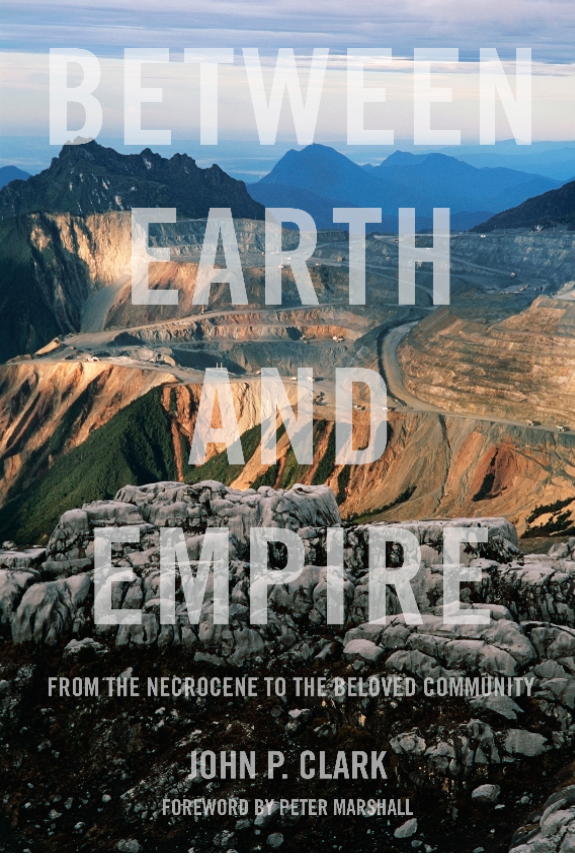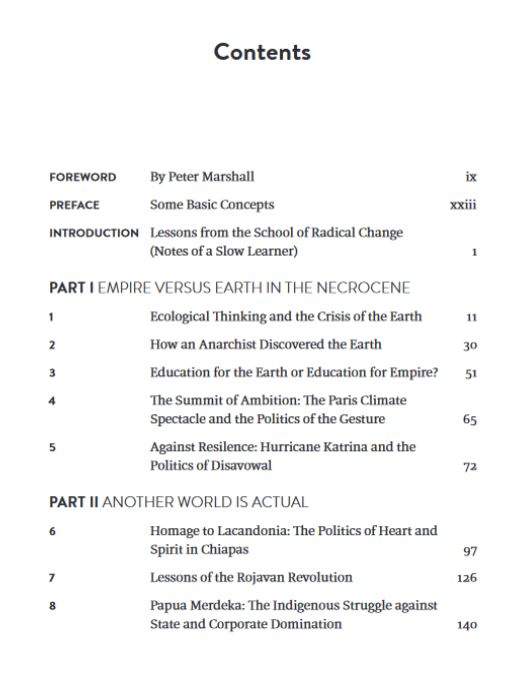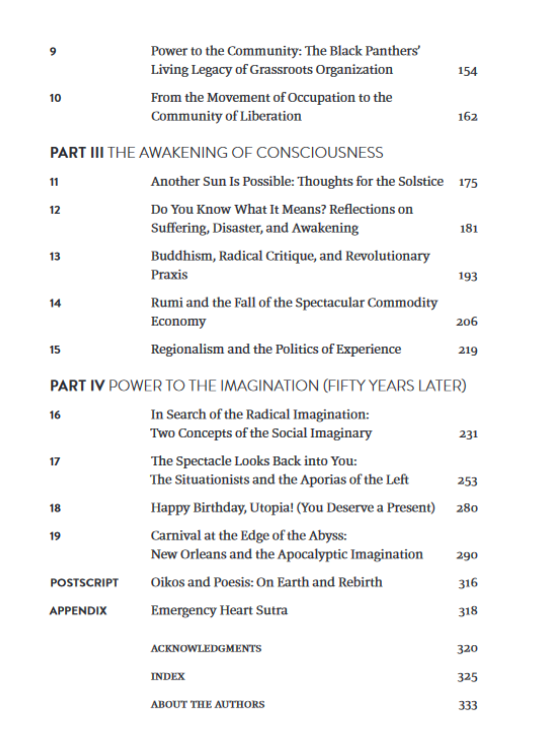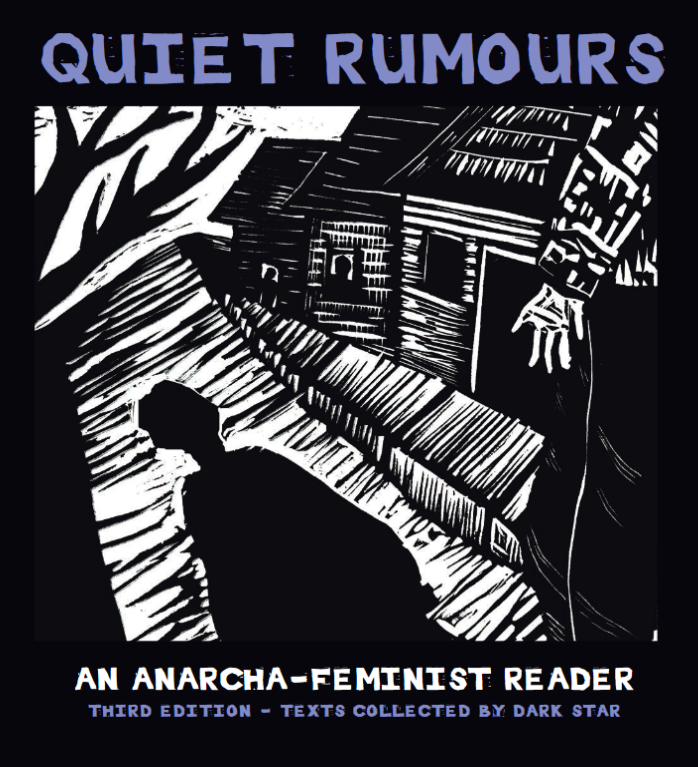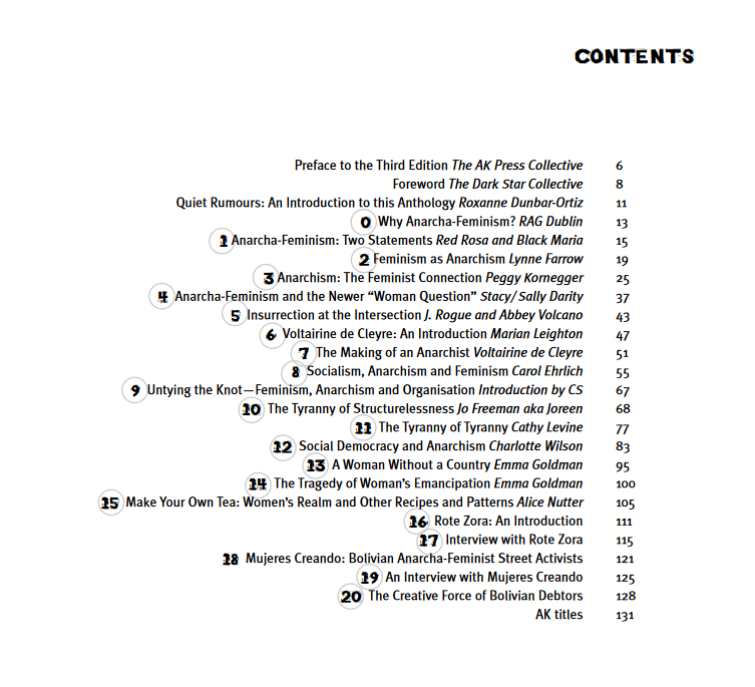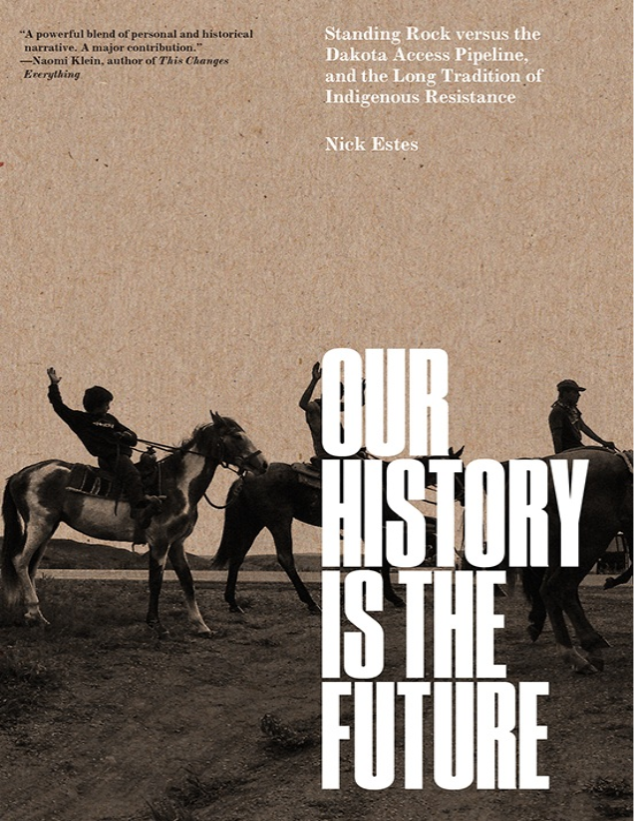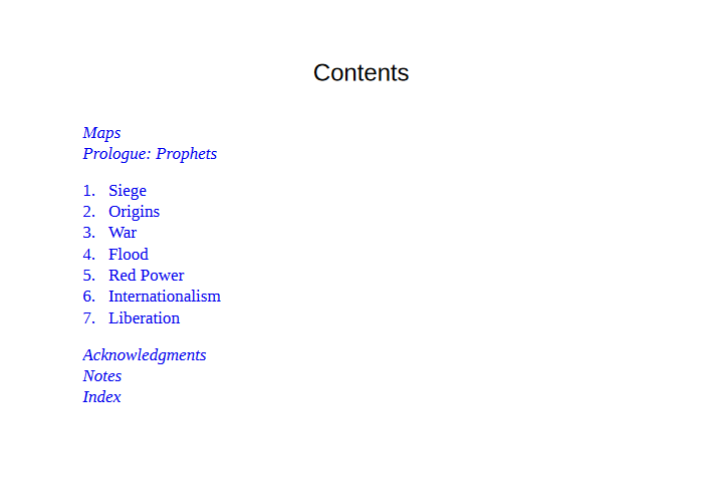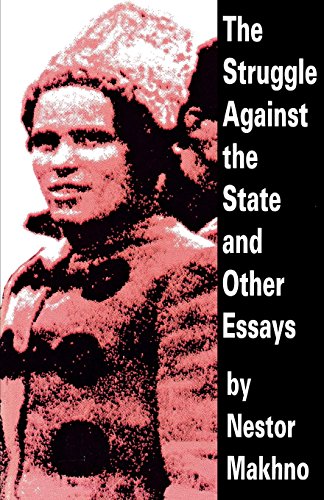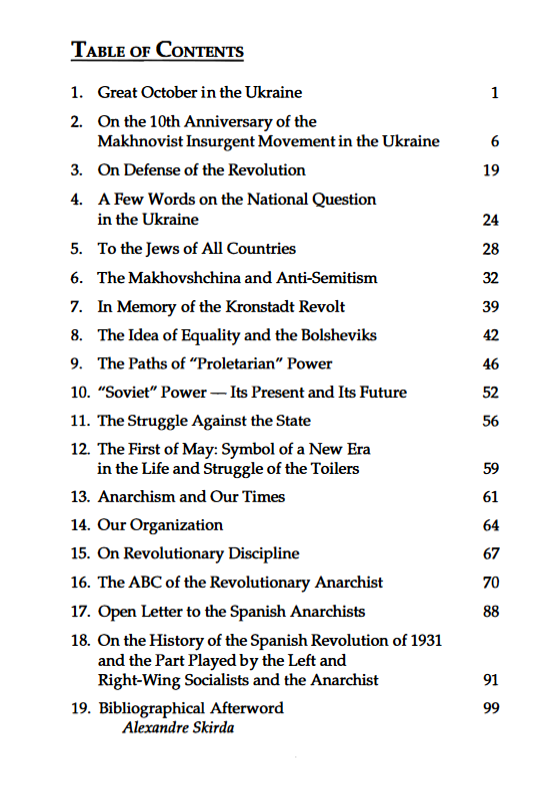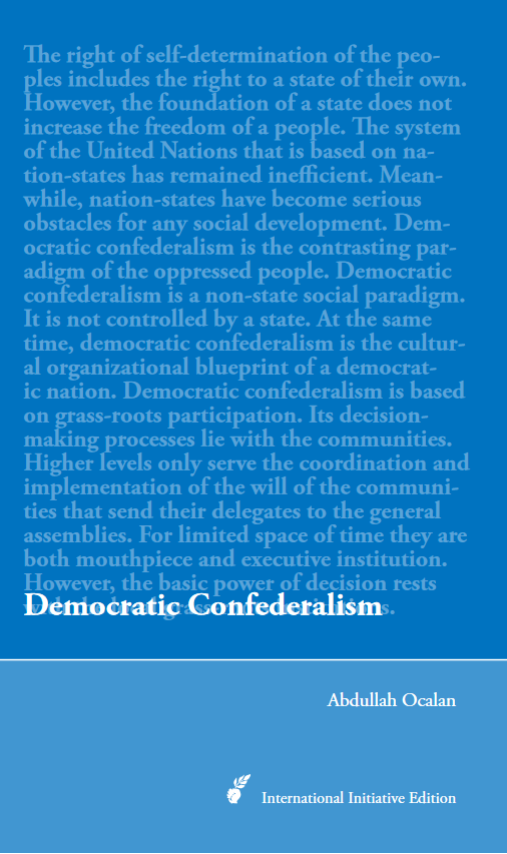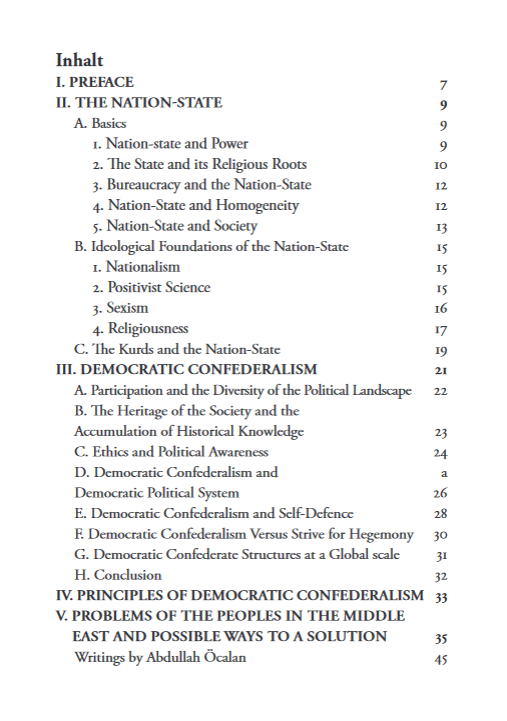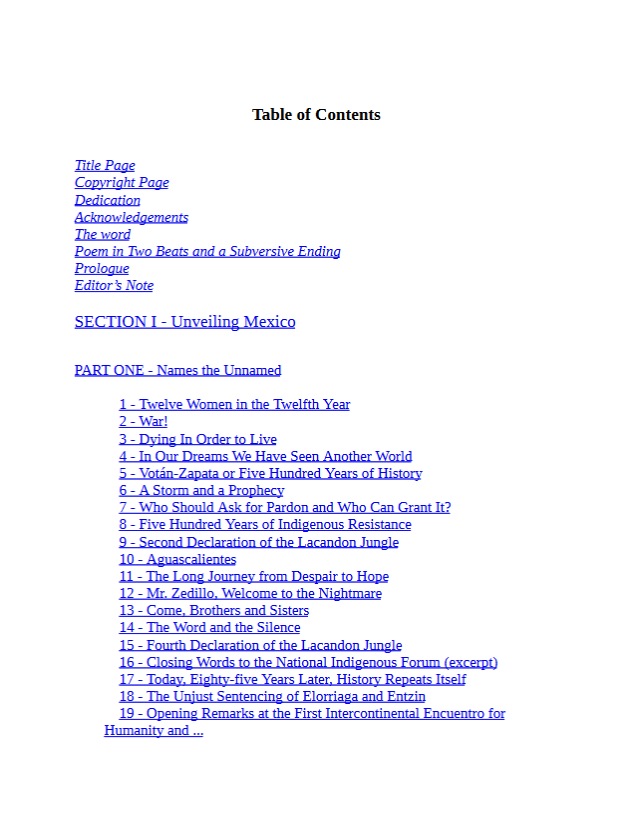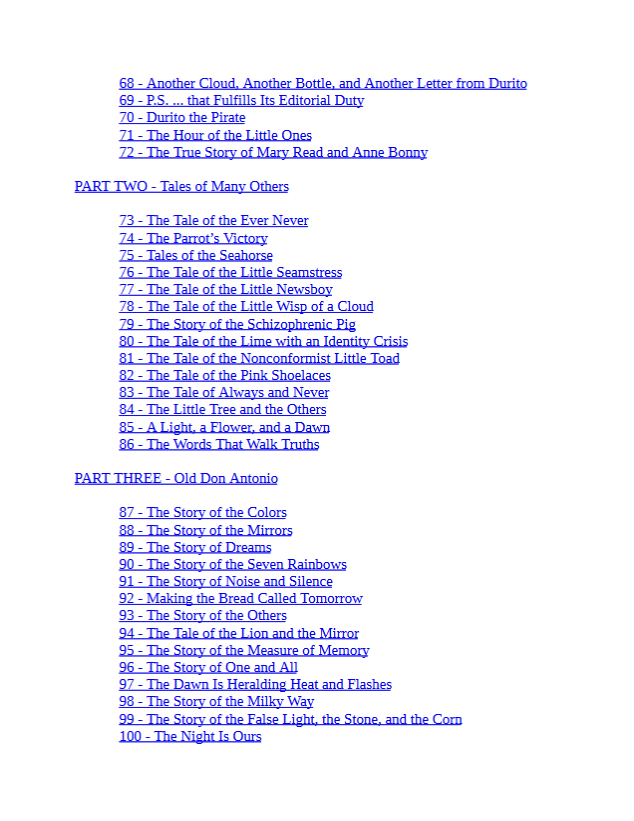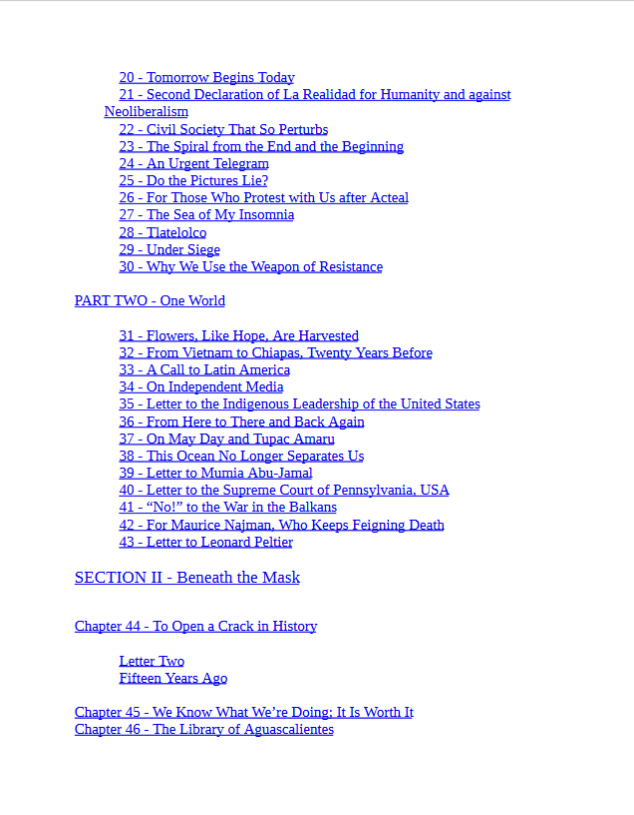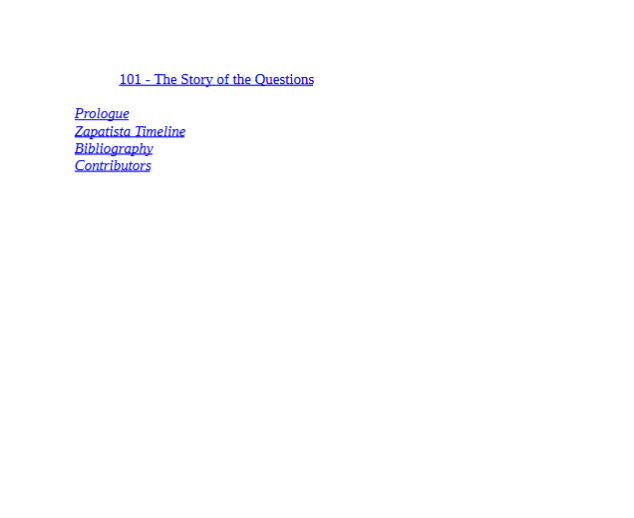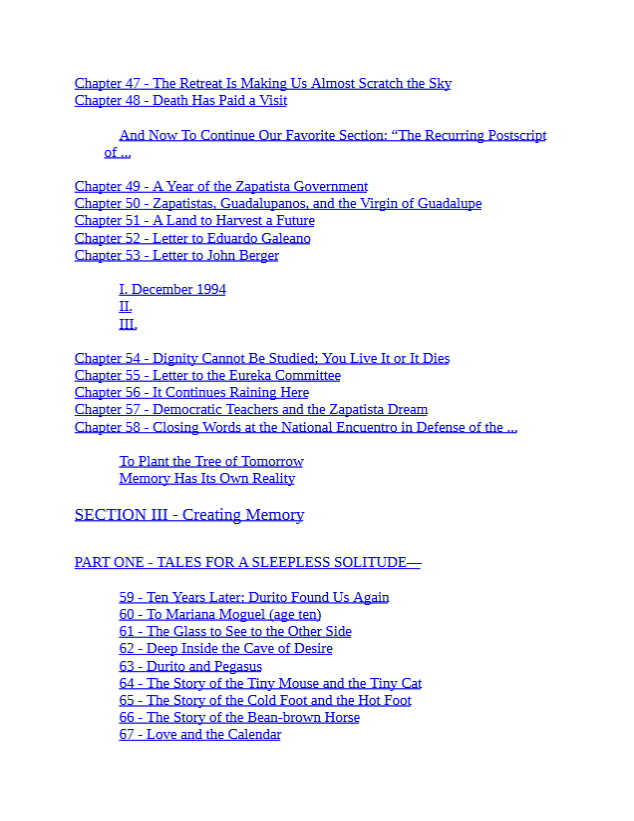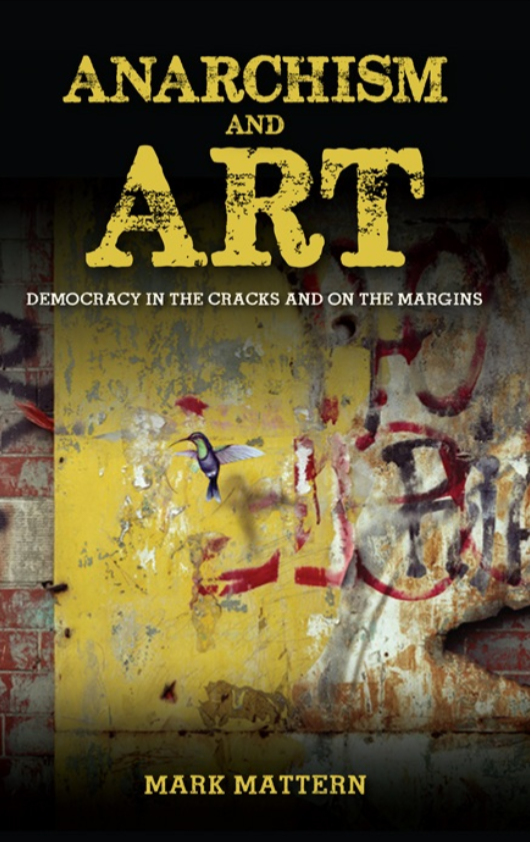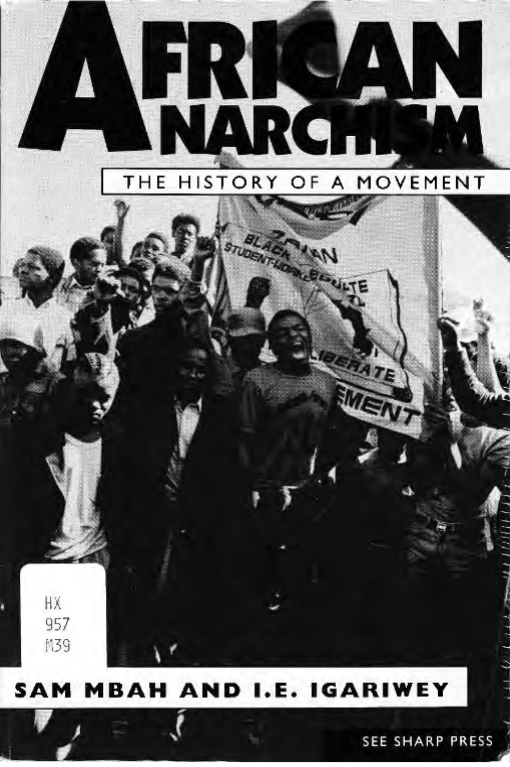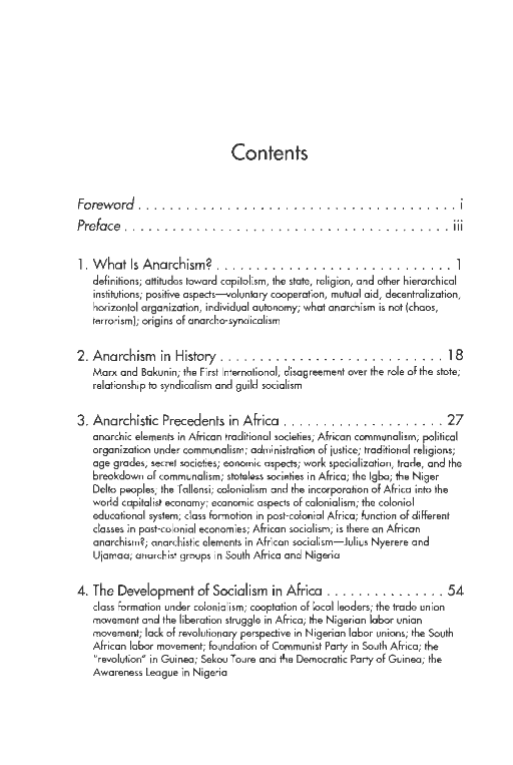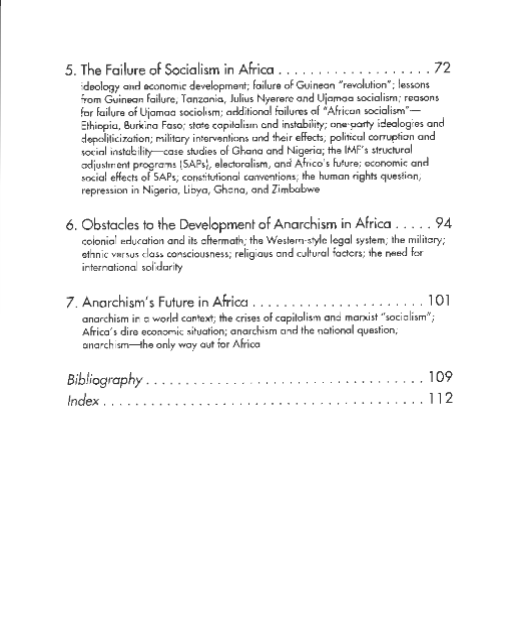Author(s)
Debbie Bookchin (editor)
Blair Taylor (editor)
Ursula K. Le Guin (foreword)
Contents
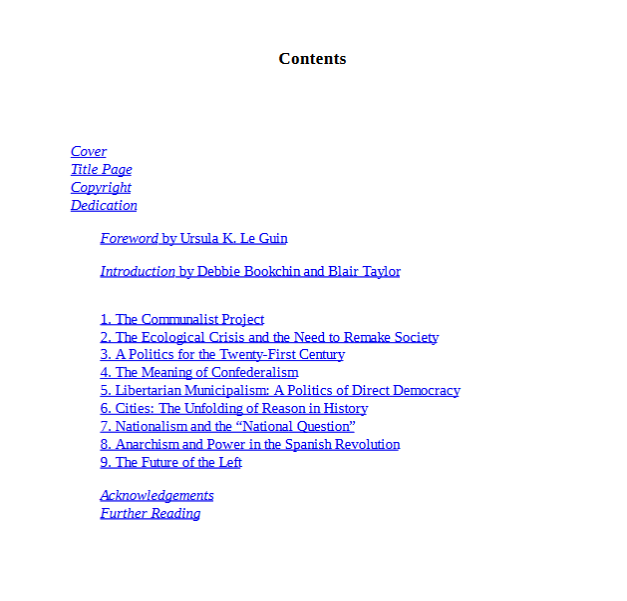
“Murray Bookchin spent a lifetime opposing the rapacious ethos of grow-or-die capitalism. The nine essays in this book represent the culmination of that labor: the theoretical underpinning for an egalitarian and directly democratic ecological society, with a practical approach for how to build it.
He critiques the failures of past movements for social change, resurrects the promise of direct democracy and, in the last essay in this book, sketches his hope of how we might turn the environmental crisis into a moment of true choice—a chance to transcend the paralyzing hierarchies of gender, race, class, nation, a chance to find a radical cure for the radical evil of our social system.
Reading it, I was moved and grateful, as I have so often been in reading Murray Bookchin. He was a true son ofthe Enlightenment in his respect for clear thought and moral responsibility and in his honest, uncompromising search for a realistic hope.”
Ursula K. Le Guin (Foreword)
Leave a comment below with a valid email adress (it will not be published) to request this book.
